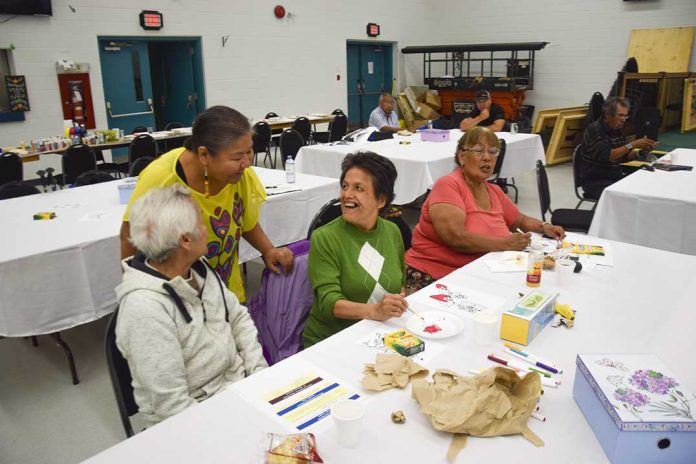When the last wave of municipal amalgamations took place a veritable raft of difficult decisions floated right along behind. Proponents of amalgamations had been touting the savings to be had through the economies of scale and efficiencies of service, and some savings and efficiencies did come to pass, but at a much lower level than had been anticipated. Small town councils are notoriously parsimonious when it comes to doling out from the public purse so operations tended to be pretty lean on the ground.
Certainly parochial political forces came into play, as each community sought to maintain their local facility. Particularly problematic were/are fire halls with their attendant impact on insurance rates and public safety—but arenas and community centre halls were also prime territory for a grand slam wrestling match at the council table.
Some of the amalgamated municipalities were blessed with councils that had worked together with their neighbours to rationalize services—witness the Little Current Howland Recreation Centre, a state-of-the-art arena that pulled together community centre meeting space with arena and curling club ice surfaces in a location reasonably central to both communities.
But for other communities, Central Manitoulin quickly springs to mind considering the current debate over the fate of the Mindemoya arena, the plethora of arenas and community halls, most already well-past their best before dates thanks largely to the aforementioned parsimony of rural councils, presented conundrums of Gordian proportions.
Faced with the ire of their local ratepayers, councillors might be tempted to make decisions based more on political expediency than what is in the best interests of all of the constituent members of their communities. They must resist weighing those expediencies in the balance scales of their decisions, because in the end making the wrong decisions for ideological or political reasons will end up costing everyone more for less.
Electors can be forgiven for wanting their representative to fight for their best interests, but “best interests” are not always best practices or the best route to move forward. Municipal politicians must resist making poor decisions for bad reasons. When all else measures equally in the balance, the argument can easily be made that political considerations can tip the scales, but those situations are far more the exception than the rule.
Those decisions are often difficult, but sitting on one’s hands is rarely the course of least expense, even if circumstance can sometimes make the decision for you. Far too often the issue builds to crisis, and crises are invariably expensive. Mayors, reeves and councillors are elected to make difficult decisions, while so many of the issues facing municipal leaders are decided by organizations outside of council’s control—when the matter does lie within their hands, decisions must be made in a timely and sensible manner.




